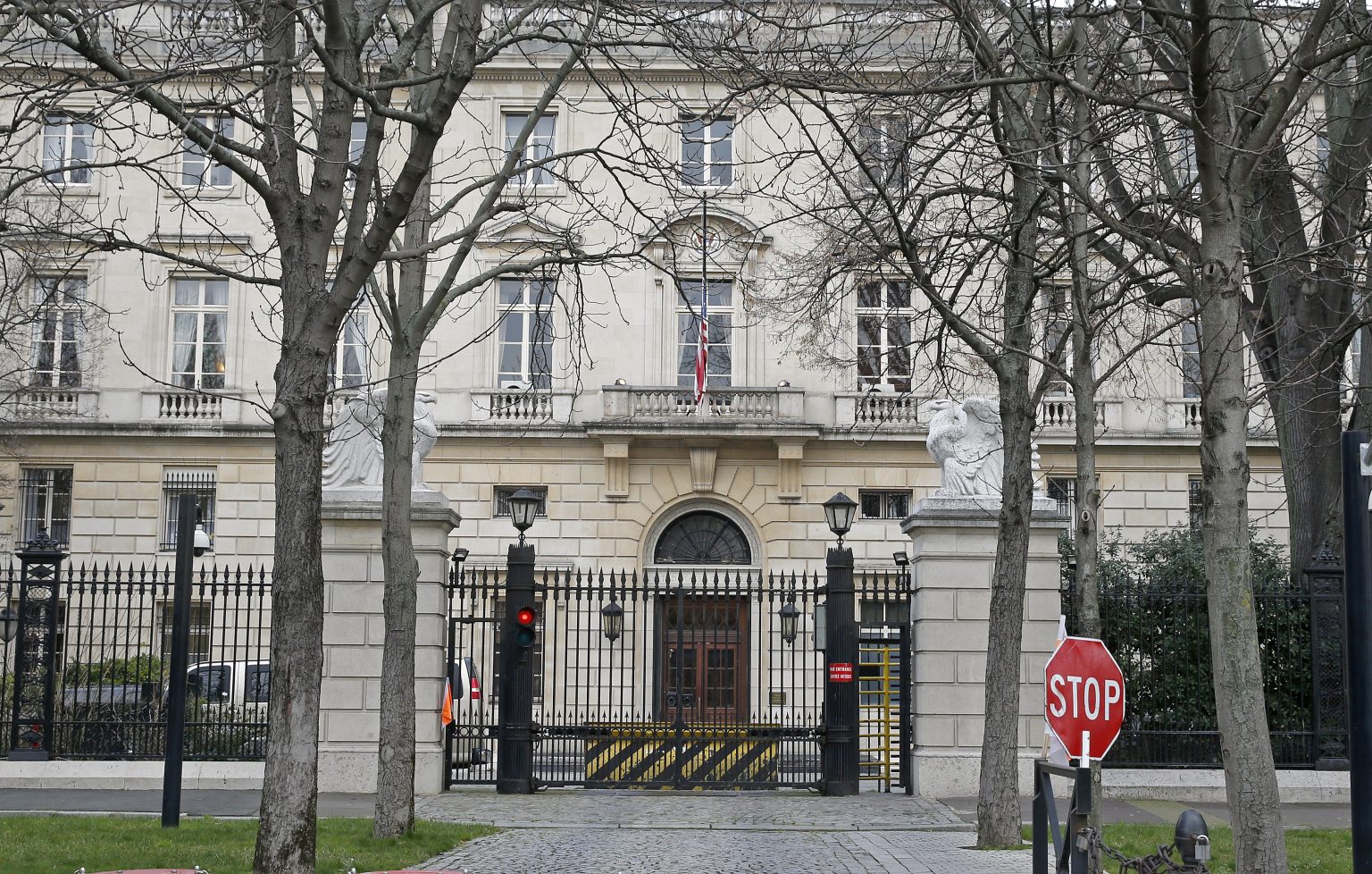An unnamed FBI agent was reported to have developed Havana syndrome, a mysterious condition that has affected U.S. diplomats and agents, after interrogating a suspected Russian spy. The revelation was part of a joint investigation by The Insider, CBS’ 60 Minutes, and Der Spiegel, linking some cases of the syndrome to covert Russian intelligence activity. The report highlighted Vitalii Kovalev, a Florida chef exposed as a Russian agent, and the federal agents investigating him in the U.S., shedding light on the potential dangers faced by those working in counterintelligence.
The origins of Havana syndrome date back to cases reported in Frankfurt, Germany, in 2014, before being identified in U.S. embassy staff in Havana in 2016. Victims of the syndrome experience a range of symptoms, including memory loss, hearing problems, insomnia, and signs of brain injury. Over 1,000 individuals in the U.S. and beyond are believed to have been affected by these anomalous health incidents, with the true cause still a matter of speculation. Some experts point towards directed energy or acoustic weapons as a potential explanation.
The investigation revealed details of the FBI agent’s interactions with Kovalev, culminating in debilitating symptoms experienced by the agent after conducting interviews. The agent described a sudden onset of pain and pressure, along with a high-pitched metallic drilling noise inside their ear, which has persisted despite moving to a different location. Subsequent investigations linked the suspected spy to a secretive Russian intelligence unit, GRU, known to experiment with non-lethal acoustic weapons and operate globally before or during reported instances of Havana syndrome.
Despite a study published by the National Institutes of Health failing to provide conclusive evidence of the cause of Havana syndrome, suspicion continues to surround foreign adversaries, particularly Russia. U.S. intelligence investigations in March 2023 deemed it “very unlikely” that a foreign entity was responsible for the symptoms, prompting criticism from security officials and experts including former National Security Advisor John Bolton. The muted response from U.S. authorities and the lack of action against potential threats have raised concerns about the handling of the issue.
The potential link between the syndrome and sophisticated weaponry developed by Russian intelligence adds a new layer of complexity to the investigation. Reports suggest that operatives from the GRU have been associated with the use of acoustic weapons in locations around the world, aligning with reported incidents of Havana syndrome. The death of Kovalev, suspected to have ties to Russian intelligence, further underscores the risks faced by those involved in counterintelligence efforts. The overall lack of concrete evidence and official acknowledgement of the issue leaves many unanswered questions.
The renewed attention on Havana syndrome and its potential connections to Russian intelligence activities highlight the ongoing challenges posed by covert threats in the modern world. With symptoms persisting among those affected and a lack of definitive answers from medical studies, the mysterious condition continues to raise concerns within the intelligence community. The evolving nature of these threats demands a proactive and coordinated response from U.S. agencies to safeguard the well-being of their personnel and address the potential risks posed by foreign adversaries.


